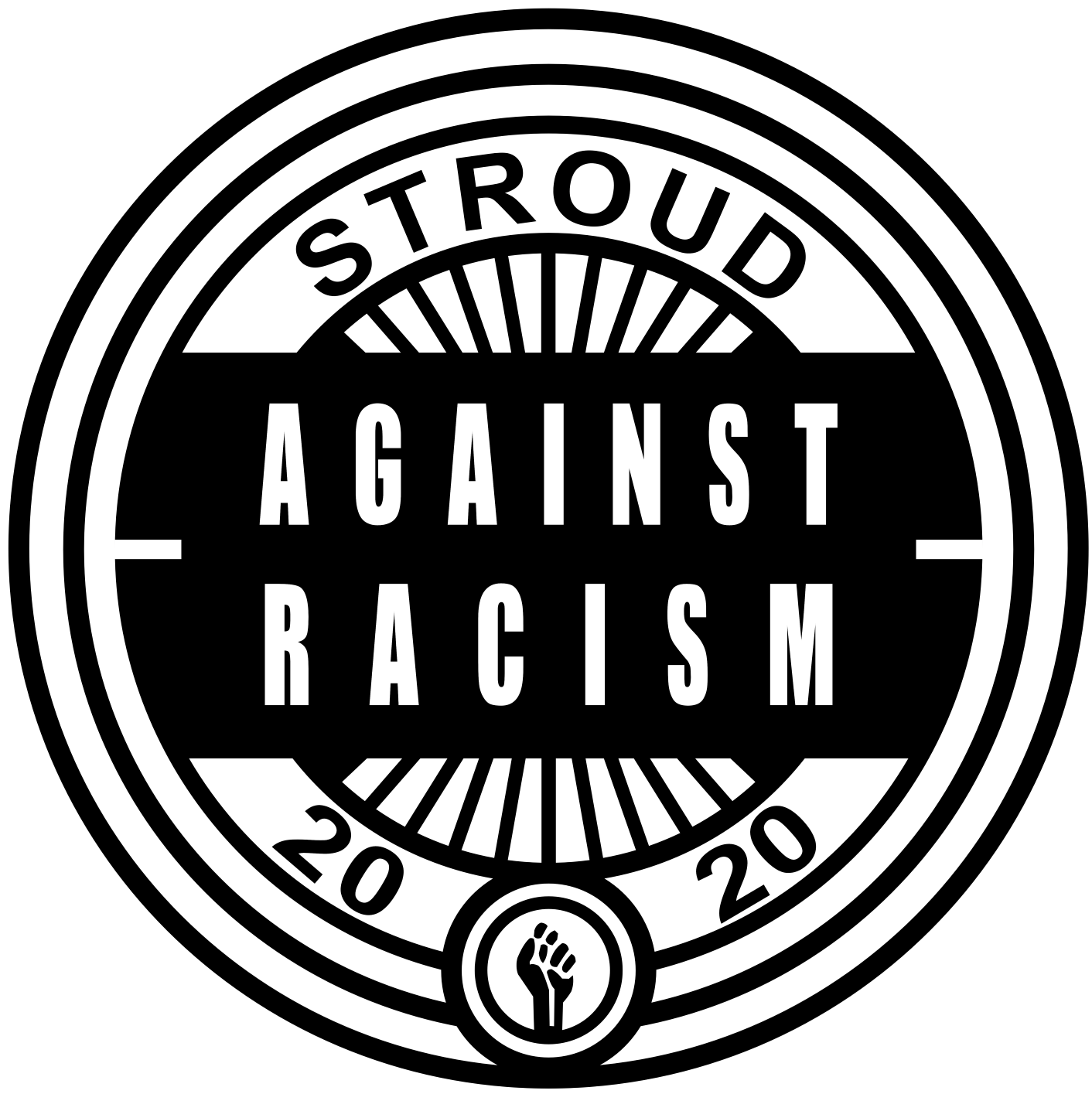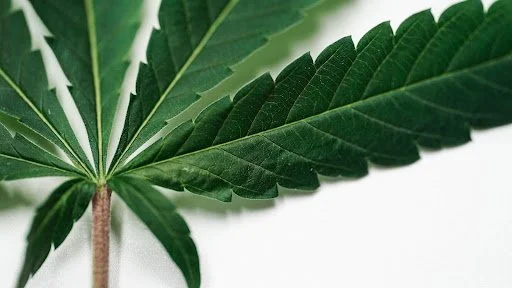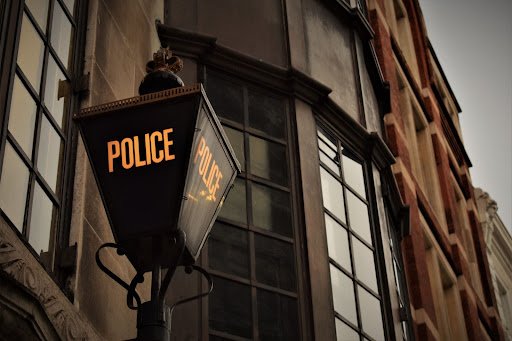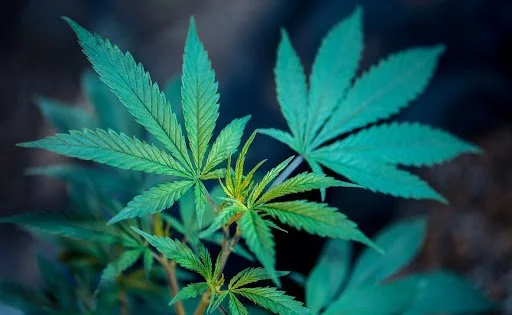Revealing the Racism Behind the Cannabis Smoke Screen.
Guest blog by Tim McDonald from www.weareohho.com
Photo by 2H Media on Unsplash
Colorado was the first US state to establish a medical cannabis programme in 1996 and has had a legal, adult use, market since 2012. As the US pioneers with understanding the merits of both medical and responsible adult use of cannabis it is having a global influence. Europe is steadily progressing with both medical and recreational use markets with Germany, Switzerland and Holland leading the change. Thailand has decriminalised hemp, has adopted a medical cannabis programme and is likely to legalise all cannabis in the future. Malaysia is the first Muslim nation to adopt a medical cannabis programme.
Meanwhile, the UK lags behind in adopting either a medical or adult use industry. Legally establishing a medical cannabis programme in 2018, just a handful of the 10,000 qualified patients have been able to access medical cannabis products. Domestic cultivation of even non-intoxicating cannabis (hemp) for the extraction of CBD remains illegal, heavily enforced by the Home Office.
Despite over 150 clinical trials, the HMRC refuses to accept the merits of cannabis as a medicine and is holding up access to potentially life changing medicine. The impact is genuinely heartbreaking, particularly for the families of children suffering from rare forms of epilepsy such as Dravets syndrome, where CBD has been successfully used to reduce seizures from 50 a day to a handful a week, in addition to those who could find genuine medicinal benefits for both physical, physiological and mental health needs.
Photo by Maggie Yap on Unsplash
Cannabis remains illegal to possess, distribute, sell or grow in the UK. Classified as a class B drug, as such, any person who is caught with cannabis risks up to five years imprisonment, an unlimited fine, or both. The prohibition of cannabis in the UK was influenced by the US legal stance, heavily marred with an intent on subjugation and profiteering and openly established on racist grounds. The US political powers influenced the UK to take a dim view of cannabis and we lumped it in with opium as an addendum to the 1920 Dangerous Drugs Act:
“The use of Indian hemp and the preparations derived therefrom may only be authorised for medical and scientific purposes. The raw resin... may not be produced, sold, traded in, under any circumstances whatsoever”
Prohibition was not based on objective or scientific evidence or genuine social concerns. The 1930’s Siler commission concluded: “Marijuana is habit forming in the same way as sugar and coffee” It may be taken for a relatively long time without social or emotional break down” Assistant U.S. Surgeon General Walter Treadway. Far from the violence inducing effects of alcohol, cannabis was a socially cohesive intoxicant, common within the Jazz, Blues and Reggae scenes and rather than it being a corrupting influence, it was harmonising diversity within society.
Police
In the 1960’s and 70’s (misuse of drugs act 1971), with a surge of white males partaking, serious criminal prosecutions began as a response to use and supply. During the 1970's the UK ramped up the consequences of cannabis possession which, like the US, gave the authorities powers to chastise and criminalise, predominantly, people of colour. The targeting of the West Indian communities ensued. The suspicion of being in possession of cannabis, on the basis of ‘the smell of marijuana’ legitimised the police power to stop and search at individual discretion.
The disproportionate impact on communities of colour in the UK, despite comparable cannabis usage across ethnicity, remains a pernicious legacy today. National figures present an undeniably discriminatory consequence of stop and search policy in the UK:
Ethnicity Population Estimate Stop and Search
White 84.4% 49.8%
Asian 7.6% 10.6%
Black 3.7% 17.2%
Mixed race 1.9% 1.9%
Souce: https://researchbriefings.files.parliament.uk/documents/CBP-9039/CBP-9039.pdf
Home Office figures showed that 15,120 people in England and Wales were prosecuted for possession of cannabis in 2018. Cannabis possession accounted for 63% of all drugs offences in England and Wales. Stop and Search statistics for Gloucestershire present an even greater disproportionate and discriminatory picture.
Ethnicity Population Estimate Stop and Search per 1,000 resident population
White 95.4% 1.037
Asian 1.8% 1.901
Black 0.86% 4.66
Mixed race 1.5% 3.117
Source: https://www.police.uk/pu/your-area/gloucestershire-constabulary/performance/stop-and-search/?tc=BA3
Black and mixed race residents in Gloucestershire are 3-5 times more likely to be stopped and searched than the white population. Asians nearly twice as likely. Of the 759 stop and searches conducted between Nov 2021- April 2022 in the county, 606 (79.84%) had no further action taken.
Enforcement of cannabis laws in the UK very much depends on your postcode. The general trend is an overall reduction in prosecutions but in Cheshire prosecutions increased. In Durham the police do not focus on recreational users, even turning a blind eye to the cultivation for personal use. They have recognised that non-violent cannabis users are less of a problem in society than drunks. Awareness courses are being used more frequently instead of punitive sanctions, particularly in the West Midlands. Within the next year Sidiq Khan will essentially make London a de facto decriminalised state with regard to cannabis having already committed to ending the prosecution of young people aged between 18-24 who have been caught in possession.
Prohibition created the illicit market. Cannabis growing, on scale, today is controlled by violent, domestic gangs. The breeding of cannabis has solely been focussed on maximum THC levels at the expense of other natural cannabinoids such as CBD. The effects of unregulated, high THC cannabis on mental health is a social concern. In addition to the unbalanced plant cannabinoid profiles, growth hormones, synthetic fertilisers and chemicals are used to produce higher yields. This toxic mix ends up in the flower and then in the user.
Ending cannabis prohibition results in:
The ability to properly utilise the plant for medical applications- of which there are 100's (the pharmacological evidence is there )
Removing cannabis from the gang culture - not entirely but significantly - which reduces crime particularly incidents of violence, which in turn increases property prices - as proven in the US.
Proper regulation and controls on potency and purity and keeps dangerous, chemically adulterated, plants to the black market.
Adults being able to self determine whether they want to indulge in an intoxicant that has a far higher safety record than alcohol and without the associated public and domestic violence.
Removes the stigma and subsequent hindrance of opportunities for non-violent cannabis offenders- if we accept their records being expunged.
No state in the US that has gone either medical or adult use has ever gone back to prohibiting as they see the policing cost savings, social benefits as well as taxable revenues.
The decriminalisation of cannabis possession offences would end the needless stop and search of hundreds of thousands of innocent people every year and eliminate a significant source of discrimination with all its damaging consequences. Revenue savings present a strong economic argument for ending the needless prosecution
1,044,180 hours spent enforcing the ban
In 2016 7,000 people were held in police custody for cannabis related offenses at a cost of £500 every 12 hours, totalling £3.5m.
Legalisation of cannabis would result in savings of roughly £200m from police budgets
Forensics expenditure would save £12m
Legal aid costs would save approximately £21m
Court costs would reduce by £26m
Prison systems would save £50m
The Probation service would save £141m
The NHS would save around £300m through access to cannabis medicines, reducing the need to prescribe more expensive and arguably less effective pharmaceuticals.
Policing crime is a necessary job. Community relations are key to an effective local police force. Trust and confidence in our police is integral to policing by consent and we need to address some of the systemic issues raised by stop and search disparities. Changing the stop and search tactic and removing the cannabis ‘excuse’ as justification, will undoubtedly result in better public relations, in addition to saving time and money. With the vast majority of searches leading to no further action, and with such glaring racial discriminiation, we need to address these harmful and ineffective policies.
Photo by Roberto Valdivia in Unsplash
Further National Statistics
A report launched by LSE and Release shows that drug policing is dominating stop and search, that much of this activity is focused on low level drug possession offences, and that black and Asian people are being disproportionately targeted.
Stop + Search Statistics
1 every minute in England and Wales
Over 50% of stop and searches are looking for drugs, 7% resulted in arrest.
Drug use is lower amongst black and Asian people when compared to white.
Black people were stopped and searched for drugs at 6.3 times the rate of white people.
Asian people were stopped and searched for drugs at 2.5 times the rate of white people.
Mixed race people were stopped and searched for drugs at 2 times the rate of white people.
Black people are 6 times more likely to be arrested for a drugs offense than white people.
Asian people are 2 times more likely to be arrested for a drugs offense than white people.
Black people caught in possession of cannabis by the Metropolitan are charged at 5 times the rate of whites.
Michael Shiner, co-author of the report and a senior lecturer in the department of social policy at the London School of Economics said: “It’s shocking that police officers are spending so much time targeting minor drug offences, rather than focusing on more serious matters. This is not the result of a carefully considered strategy, but is the unintended consequence of reforms that have created a perverse incentive structure, rewarding officers for going after easy pickings…”
A responsible cannabis user:
Adults Only 21+: Children must not use drugs - demonstrate what being a responsible adult means.
No Driving: Impaired driving of motor vehicles, machinery - like with alcohol/ prescription drugs (Better objective methods of testing impairment need to be developed).
Set and Setting: When conditions are not conducive to a safe, productive, pleasant experience, say no.
Resist Abuse: cannabis use that impairs health, personal development or achievement i.e. harmful, should be discouraged and can also be targeted by enforcement measures.
Respect Rights of Others: observe and accept standards of courtesy and public property and respect the preferences of those who wish to avoid cannabis. Adherence to public tobacco smoking protocols.



